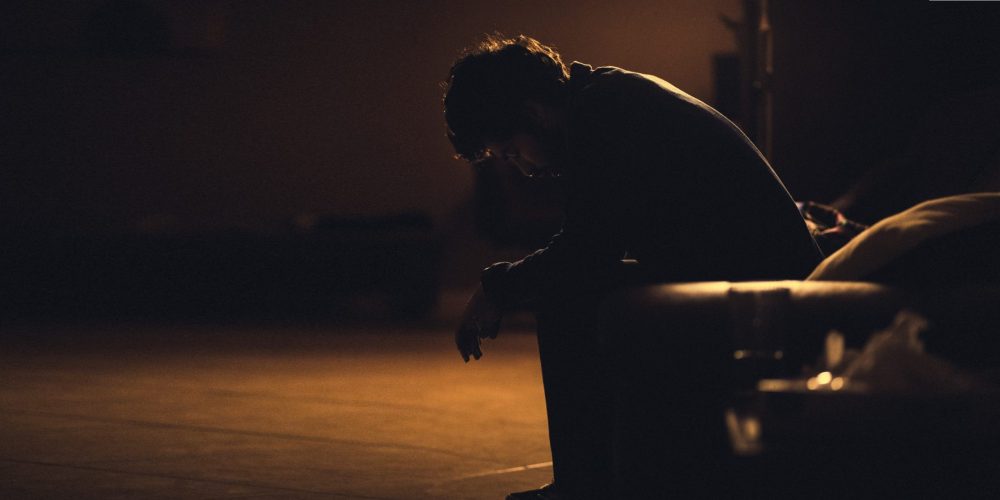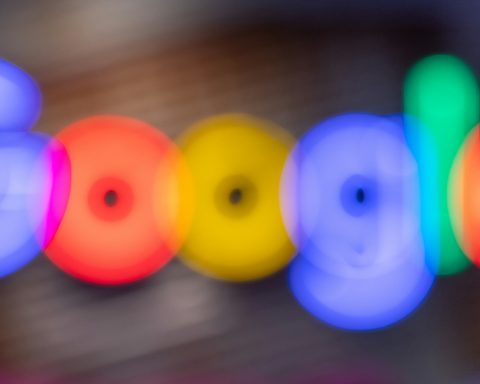
‘I knew something wasn’t right. It was very subtle but came and went and wouldn’t go entirely away. I put it down to all the stress we’ve been under, you know, and decided to see how things went over a couple of weeks. Anyhow, I told myself, the Doctors are very busy at the present time. A little while later I noticed that my waistbands were loose and people said I looked pale.’
This person asked for a non urgent GP call-back and a couple of days later I spoke to her. I sensed an anxiety in her voice and my concern was already somewhat raised as she rarely called us. Mention of ‘red flag’ symptoms initiated a face-to-face consultation and a two-week referral and she was subsequently diagnosed with cancer.
As GPs we have had to hone our skills and apply all we ever learnt, but in different ways during this pandemic. Following Neighbour’s five checkpoints of the consultation has never been more pertinent. The ‘connecting’ has had to be achieved through different media, and the ‘Safety-Netting’ never been more important.
One concerning impact has been on cancer diagnosis. An article from July 2020 in the Lancet predicted ‘Substantial increases in the number of avoidable cancer deaths in England’ as a result of diagnostic delays due to the pandemic in the UK.1 The Nuffield Trust reported in May 2021 that ‘Following a sharp fall in diagnoses in April 2020, the number of breast cancers diagnosed had recovered by December 2020. However, urological cancer diagnoses remain 23% lower than in February 2020’.2
The Lancet predicted ‘Substantial increases in the number of avoidable cancer deaths in England’ as a result of diagnostic delays due to the pandemic in the UK.
At the start of the pandemic GPs had to react immediately to protect everyone working in our Practices, to prevent Primary Care from collapse. We also had to limit access to our waiting rooms. Triaging, an essential skill, was in some Practices already being done allowing sorting of problems in a more efficient manner for both Doctor and patient. Before the pandemic, the rapid-access private doctor-apps like Doctor at Hand were becoming popular. This caused consternation among GPs, but now we are working in a similar way ourselves. We cannot go back to the previous days of packed waiting rooms. We have had to continue being vigilant as this virus is certainly not vanquished.
In my short patient survey, all were content with the phone-back system, some comments were made about having to wait a few days; I see about one in five and offer face-to-face as well if people seem to want it. Professor Martin Marshall has given us recent uplifting statistics also.3
We have had to continue being vigilant as this virus is certainly not vanquished.
It’s true that we urgently need more GPs, but meanwhile we can creatively use the considerable skills of our Practice Nurses and AMPs to triage alongside us. If access needs improving, then Primary Care Networks can develop schemes of staff sharing where there is a shortfall.4
We can take pride in that if it wasn’t for a solid bedrock of General Practice, the Covid-19 vaccination programme would be a lot more complex to deliver, and that we and our staff continue to provide everyday care throughout this difficult time.
References
- The impact of the COVID-19 pandemic on cancer deaths due to delays in diagnosis in England, UK: a national, population-based, modelling study
Maringe, Spicer, Morris et al. The Lancet. July 2020 and https://doi.org/10.1016/S1470-2045(20)30388-0 - What impact has Covid-19 had on cancer services? Jenny Davies. 27 May 2021. The Nuffield Trust. https://www.nuffieldtrust.org.uk › news-item: What impact has Covid-19 had on cancer services? | The Nuffield Trust
- GPs and patients are ‘on the same side’ over face to face appointments – but chronic GP shortages make it hard to guarantee safe care, says College. Publication date: 20 September 2021. https://www.rcgp.org.uk/about-us/news/2021/september/chronic-shortage-of-gps-is-the-reason-patients-are-facing-long-waiting-times-for-appointments.aspx
- The huge pressures ahead for Primary Care networks. Dr Graham Jackson. March 2020. https://www.nhsconfed.org/articles/huge-pressures-ahead-primary-care-networks
Featured image by Gadiel Lazcano at Unsplash








